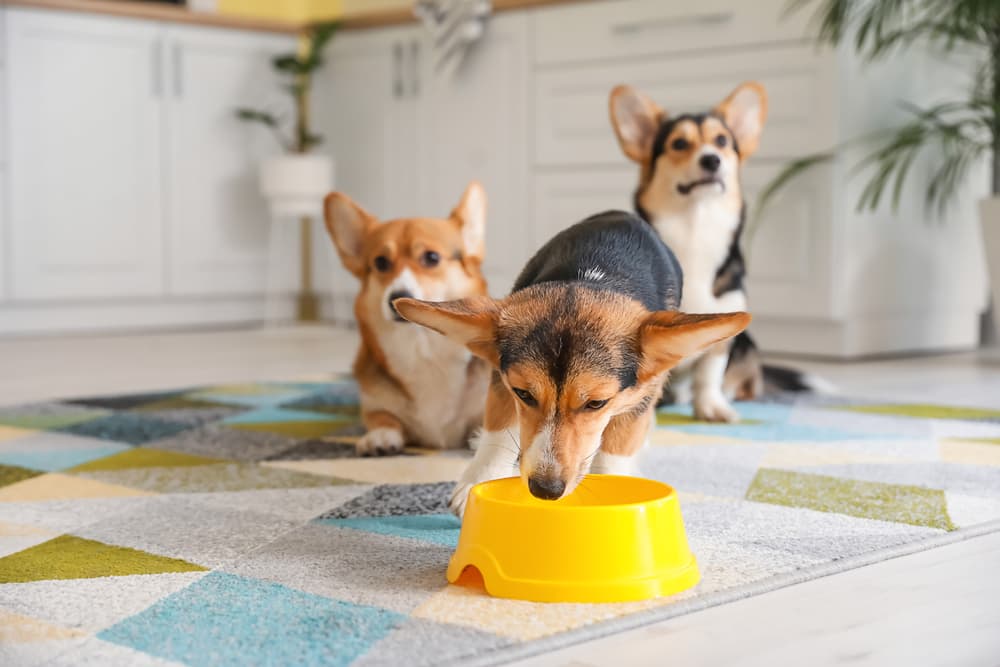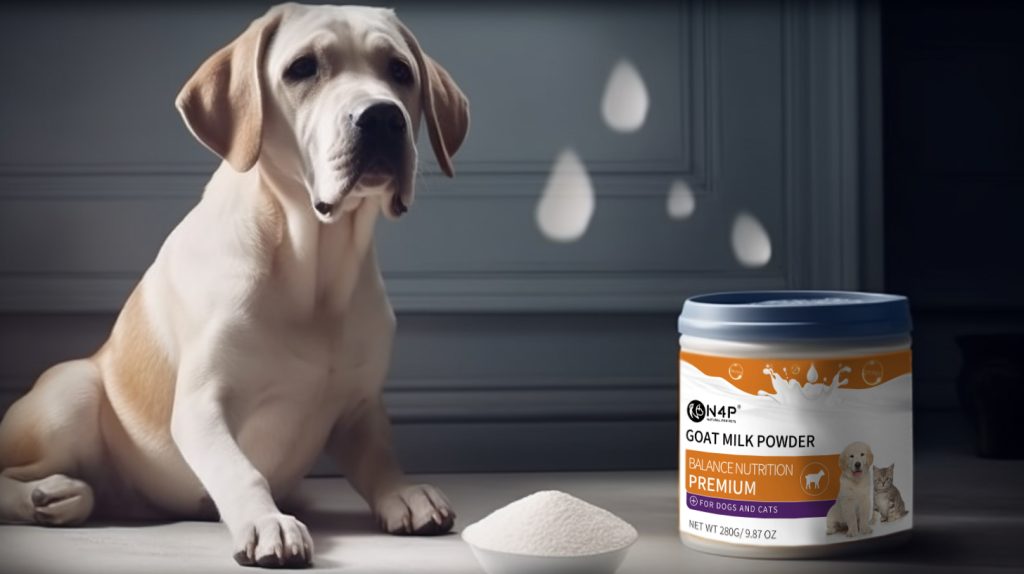For ages, goat’s milk has been the pet food of choice among ancient civilizations, including Egyptians and Greeks. It proved unique for its nutritional worth and health benefits. It is easier for pets to digest goat’s milk than cow’s milk as its fats are divided into smaller particles, and it contains a lower percentage of lactose. Along with these benefits, goat’s milk has more fatty acids and vitamins, making it healthier than commercial brands of cow’s milk.
Comparing goat’s milk to other pet food options gives a distinct impression that other pet food is a natural and wholesome choice. Most commercial pet foods, however, include fillers, additives, and synthetic ingredients, which can harm the health of the domestic animal. Goat’s milk differs from cow’s milk because it is a pure and untampered source of nutrition. It is a broad spectrum that contains different types of vitamins, minerals, fatty acids, and amino acids vital for animal health.
The Nutritional Value of Goat’s Milk for The Family Pets
Goat’s milk, which is one of the healthiest food products, is nutrient-dense. Amongst all the vitamins contained therein, vitamins A, B2, B6, and C play an integral role in your pet’s overall well-being. These vitamins are crucial for robust immune systems, good skin and coats, and adequate body growth and development.
Aside from vitamins, goat’s milk also contains a considerable amount of fatty acids and amino acids. These nutrients are regarded as necessary for calming skin and hair, facilitating brain function, and building muscles. Fatty acids are also potent in bringing down inflammation within the body, which may help ease arthritis and other inflammatory conditions in animals.

Additionally, goat’s milk is rich in probiotics and enzymes which work for digestion. Probiotics contain live beneficial bacteria that keep the gut flora healthy. Due to this, digestion and nutrient absorption are optimized, and the enzymes assist the digestion process. As an optional element of a pet’s meals, goat’s milk will promote proper digestion and support overall pet health.
The healing effect of goat’s milk on digestion problems in pets
A common problem that dogs and cats experience, more often than not, is that they do not have the enzyme lactase which is a must in the digestive process of lactose, the sugar in milk. Consuming cow’s milk or dairy products may cause digestive disorders, diarrhea, and bloating. In contrast to cow’s milk, goat’s milk has a lower content of lactose, which means it is easier for pets to digest it.
Also, goat’s milk has been proven to be a homemade remedy for digestive disorders like diarrhea and constipation. The probiotics in goat’s milk help to create equilibrium for the good bacteria in the intestine; therefore, they are used to treat and prevent the problems mentioned above. On top of that, goat’s milk relaxes the gastrointestinal tract, thus alleviating inflammation and irritation.
The Use of Goat Milk to Strengthen the Immune System Functionality in Domestic Animals
Goat’s milk possesses nutritious components and antibacterial and antiviral elements. These features can enhance a pet’s immune system, protecting it from different diseases and infections. Pet owners can include goat’s milk in their pet’s nutrition to add an extra immune booster to their health.
Besides, goat milk has been documented to increase the production of white blood cells essential in fighting off any infectious organisms and foreign invaders in the body. This production of larger quantities of white blood cells helps pets have a more robust immune response, and it decreases the risk of illness.
Suggestions to Incorporate Goat’s Milk into Your Pet’s Diet for Ultimate Health and Nutrition
A cautious approach is always best when it comes to your pet’s diet, in which case the introduction of goat’s milk has to be done gradually to avoid any digestive upsets. Please start the process by adding a small portion of goat’s milk to their regular food and incrementally increasing the amount each day. This process makes it easier to adapt to the digestive problems of introducing new food.

Along with feeding instructions, there will be different portion sizes suitable for other sizes and breeds of pets. It should be noted that a visit to a vet is advisable to establish the right amount of goat’s milk that can be included in your pet’s diet. The typical small-sized pet may need about a tablespoon daily, and bigger pets may require 1/4- 1/2 cups daily.
While you look for pet goat’s milk, it is of the utmost importance that you choose high-quality organic products. Organic goat’s milk ensures no harmful chemicals or antibiotics are present so that pets have the purest and most natural source of nutrition.
Thus, goat milk is a pet’s nutrient-dense replacement for cow’s milk, which has multiple health benefits. A high vitamin and mineral content and valuable fatty acids and amino acids make it an excellent choice for keeping a pet in top health and wellness. Additionally, goat’s milk will be helpful for the digestion and immunity of the pets.
Pet owners can gradually add goat’s milk to their pet’s diet and choose the best products to do so. This way, they can help their furry friends to be healthy and get the proper nutrition. It is recommended to try goat’s milk. By giving your pet a nutritious diet, you will make your pet happier!
